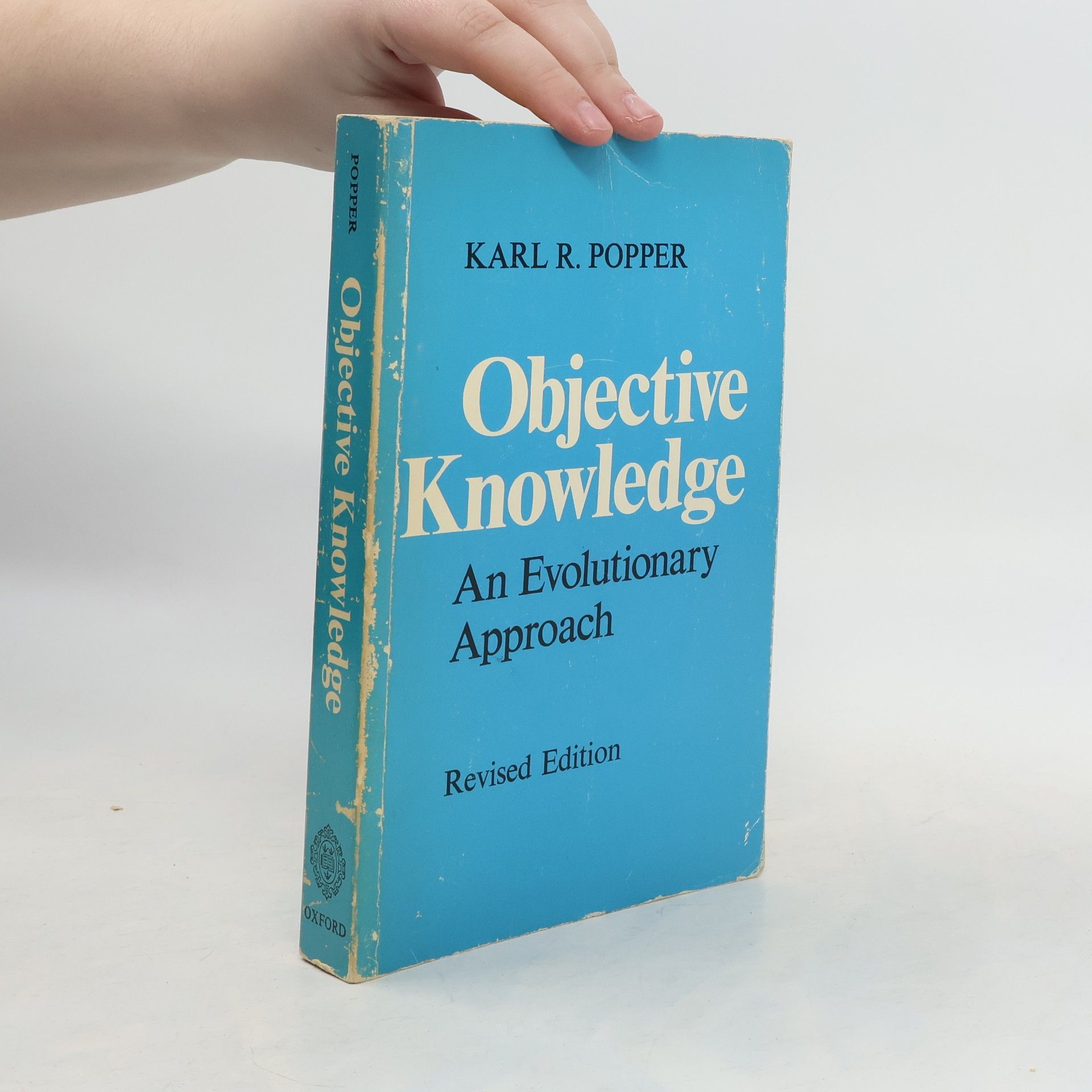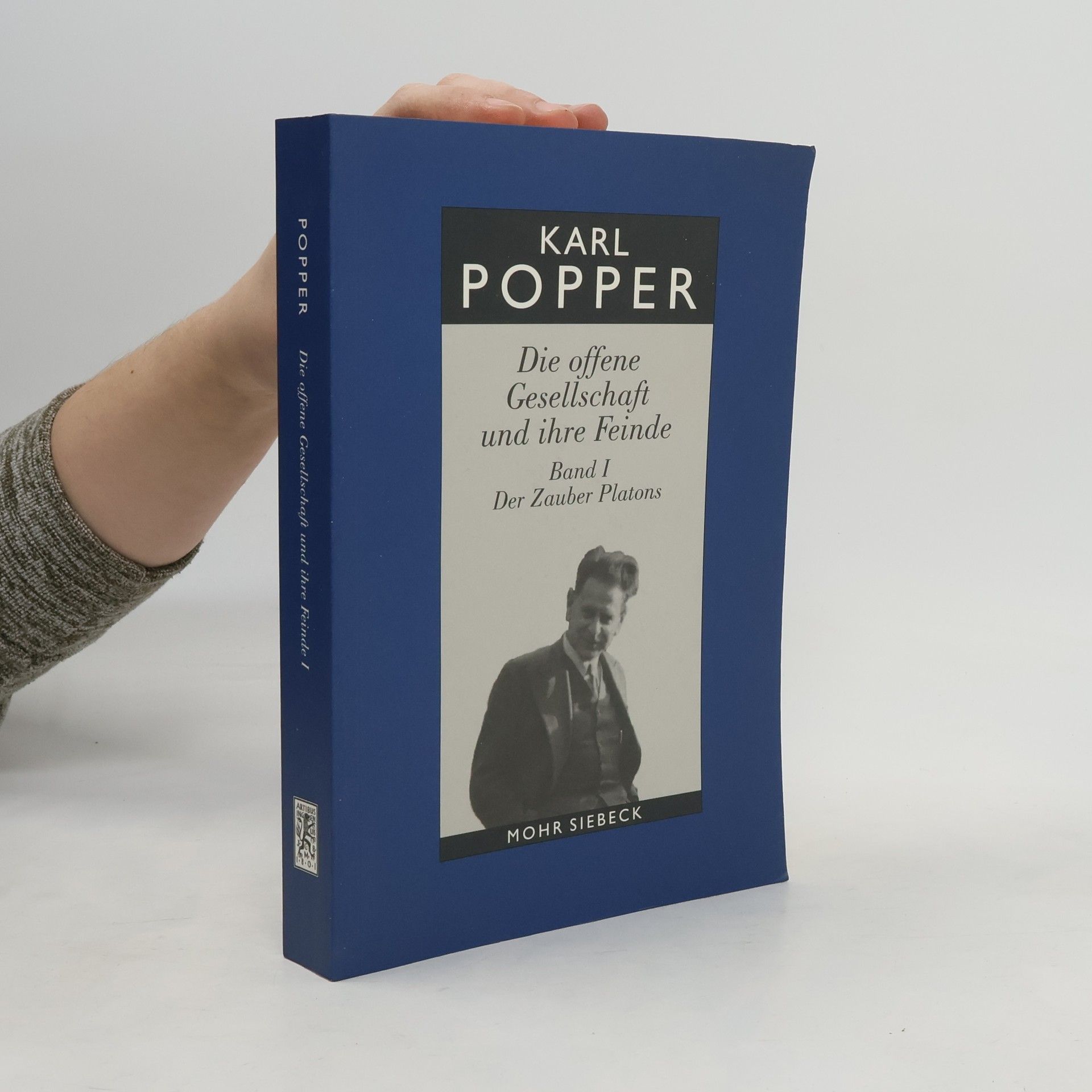Die offene Gesellschaft und ihre Feinde. Band I und II
Band I: Der Zauber Platons und Band II: Falsche Propheten: Hegel, Marx und die Folgen -als Paket-
- 1099 pages
- 39 hours of reading
Die Untersuchung des Historizismus steht im Mittelpunkt von Karl Poppers sozialphilosophischem Hauptwerk, das sich mit den Ideen von Platon sowie den Theorien von Hegel und Marx auseinandersetzt. Neben der historischen Analyse werden zentrale erkenntnistheoretische, philosophische, ethische und politische Fragestellungen behandelt, die auch heute noch relevant sind. Poppers Konzept der offenen Gesellschaft, das auf die kontinuierliche Verbesserung demokratischer Institutionen abzielt, bietet wertvolle Einsichten für alle, die sich mit der Entwicklung von Zivilgesellschaften beschäftigen.








